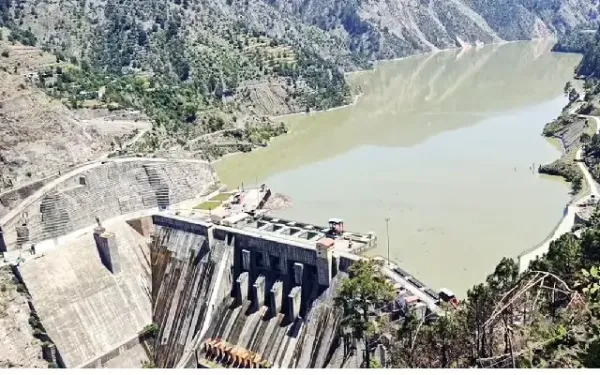
India has sharply reduced water flow to Pakistan from the Baglihar and Kishanganga hydropower projects, effectively suspending the 64-year-old Indus Waters Treaty (IWT) following the April 22 terror attack in Pahalgam that killed 26 Indian tourists.
De-silting operations at the Baglihar dam on the Chenab river began over the weekend, with sluice gates lowered, cutting downstream flow to Pakistan by up to 90%. Similar operations are set to begin at the Kishanganga dam on the Jhelum river. Both dams have previously drawn objections from Pakistan over alleged treaty violations.
The National Hydroelectric Power Corporation (NHPC) is overseeing the maintenance activities, while the Jal Shakti Ministry has coordinated with the Union Home Ministry on a broader water strategy aimed at maximizing domestic usage of Indus river waters.
India’s suspension of the IWT marks a significant escalation in its response to cross-border terrorism. New Delhi has also banned Pakistani ships from docking at Indian ports and prohibited all imports from Pakistan, direct or indirect.
India is also accelerating work on four strategic hydropower projects in Jammu and Kashmir’s Chenab basin — Pakal Dul (1,000 MW), Kiru (624 MW), Kwar (540 MW), and Ratle (850 MW) — with combined capacity of 3,014 MW. These are expected to be operational by 2027–28.
Only 23.81% of J&K’s 18,000 MW hydropower potential has been tapped, leaving room for significant expansion as India moves to assert full control over its river resources.